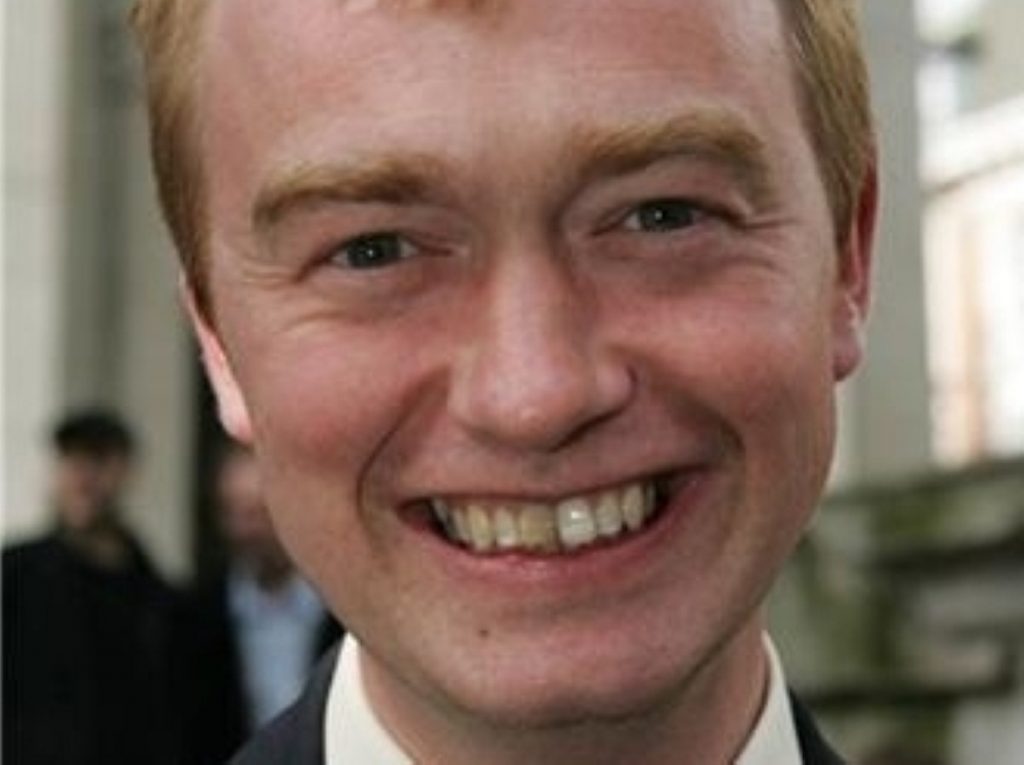Farron: Thatcher pursued ‘organised wickedness’
Tim Farron has described Margaret Thatcher’s government as “organised wickedness”.
Speaking at a cross-party campaign event for the alternative vote, Mr Farron said he first became involved in politics in response to the “avoidable human misery” of the 1980s.
He argued Ms Thatcher had been elected by a “corrupt electoral system” that provided her with a “veneer of legitimacy”.


“There’s nothing more real than the mass unemployment that I experienced growing up in Lancashire when Margaret Thatcher’s government used unnecessary joblessness as a political and economic tool,” the Liberal Democrat party president said.
“Avoidable human misery was used then as means to an end. This was organised wickedness given the veneer of legitimacy by an electoral system that gave 100% of government power despite being opposed by 60% of the population.”
Mr Farron said the coalition had made him “less tribal”, but added he would not “tone down” his views because he was in government with the Conservatives.
The Labour campaign against AV accused Mr Farron of a “crude bid for Labour support”.
Joan Ryan, director of the Labour ‘no’ campaign, said AV would have given Ms Thatcher a larger majority.
“Tim Farron needs to check his facts before making such a crude bid for Labour support. Academic studies show that Thatcher would have had even larger majorities during the 1980s under the Lib Dems’ unfair alternative vote system,” she said.
“This is another pathetic example of the senior Liberal Democrats running the ‘yes’ campaign trying to skew the facts to fit their false arguments.”
Mr Farron shared a platform with former Labour home secretary Alan Johnson, Ukip leader Nigel Farage and leader of the Greens Caroline Lucas.
Mr Johnson said it was against Labour’s principles, ethos and history to vote against electoral reform.
With eight days until the referendum on the alternative vote, the campaigns are reaching fever pitch.
Both groups are manoeuvring for Labour supporters, who could decide the outcome of the referendum as the Liberal Democrats are united for reform while the Conservatives want to keep first-past-the-post.
Despite Labour leader Ed Miliband’s support for AV, the ‘no’ campaign announced that over half of all Labour MPs would be voting against reform.









